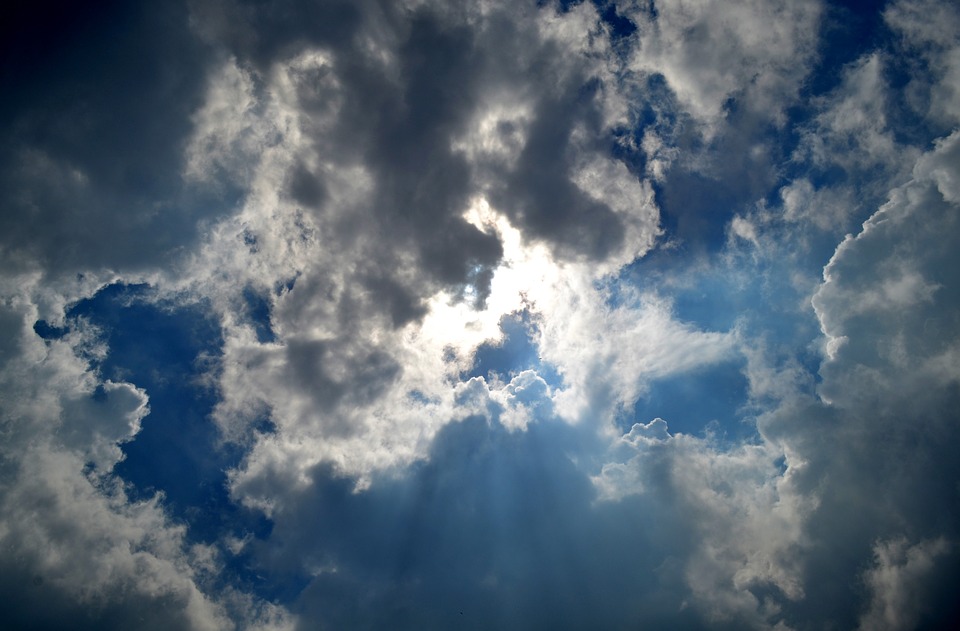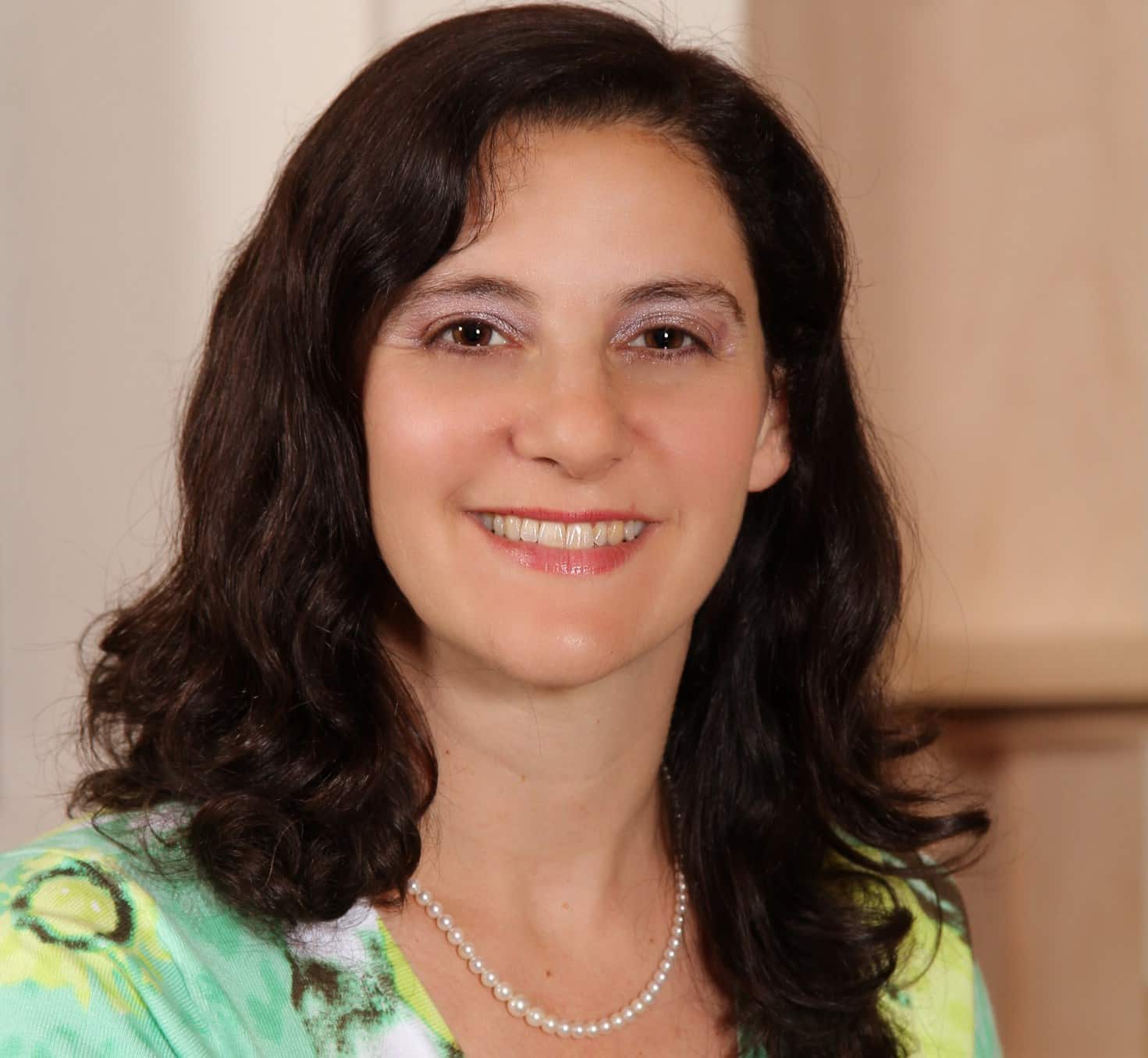 Photo by Pixabay
Photo by Pixabay “We cried out to Adonai, the God of our ancestors, and Adonai heard our plea and saw our affliction, our misery and our oppression.” — Deuteronomy 26:7
“So why isn’t our crying out working now?” my stepmother, Melissa, asked at our Passover seder after she read this verse. My brother Josh jokingly suggested putting blood on the doorposts of our houses like the Israelites did.
Upon reflection, I realized Melissa’s question contained a few logical premises. Her question assumed God sent the original plagues, we cried out to God and God stopped the plagues, as stated in the Bible. Therefore, crying out to God should work for this plague, too.
It’s simple geometry — the transitive property — so why isn’t it working? Beneath her question, Melissa raised deeper questions: Did God send the plague of the coronavirus? Can God stop it?
Did God send this plague? I spent some time entertaining the idea that God may have sent the coronavirus plague. After my Amazon Alexa told me the world’s air pollution had dropped because of people staying home, I went on a bike ride and wondered. I thought about how we’ve been in this state in recent years where the youth — headed by Greta Thunberg — understood the need to change our behavior to avert climate change, while older people in power have resisted.
Perhaps God would be tempted to send a plague that kills the older but not the young, prompting people to stay home, thereby reducing air and water pollution. This plague has spurred humanity to realize we can live more humbly to avert death — which is what we need to do to avert the destruction of the planet through climate change. Perhaps, I mused, God did send this plague.
But after I returned from my bike ride, I learned my cousin was in the hospital with COVID-19. He’s been on a ventilator for the past week. A few days later, my aunt in another part of the country was taken to the hospital with COVID-19 as well. She had collapsed in her home, broken her nose, and had pneumonia and COVID-19. In both cases, their spouses and children were not allowed to visit them in the hospital. Even now that my aunt has returned from the hospital, she has to stay isolated. Her husband stands outside the house and talks to her through the window.
God surely wants none of this.
“I don’t think God sent this plague, but I know we can learn from it.”
The God I believe in is a God of snuggles, hugs and kisses — a God who knows that Zooming is a second-rate substitute for sitting beside a loved one and holding his or her hand. I imagine that like me, God is grateful for the blessings of Zoom, Skype and FaceTime — which are infinitely better than no contact at all. Still, it’s not the same.
God surely didn’t send this plague.
And while I’m all for crying out, I’m not holding my breath that crying out will save us. As our sages said in the Talmud, “Where there is a possibility of danger, we should not depend upon a miracle.” Don’t get me wrong. I’d love a miracle — but I’m not expecting one.
The only way out is for our medical researchers to find a vaccine. In the meantime, our medical professionals need to keep caring for the sick; our social service agencies to offer support to the needy; our grocery workers and deliverers to keep us fed; the clergy to provide comfort; and the rest of us to hunker down and Zoom our friends and family through this catastrophe. God will provide us strength and inspiration in these endeavors.
To be honest, I don’t know if God even sent the first Ten Plagues in Egypt, but I do know the Israelites recognized that the time of the plagues was their shot to get out and create a different kind of society, which glorified life rather than death. So, too, this moment is our chance to transform how we live.
As Rabbi Sharon Brous said, after the plagues, the Israelites “rebuilt a society that was the counter-Egypt, that was the antithesis of what they had experienced in their suffering in Egypt, and we will rebuild a society that is counter to the injustices and oppressions and indignities of this world that we have lived in.”
Or as Rabbi Steven Leder wrote, “Do not come out of hell empty-handed.”
Indeed, let’s create a society based on the antithesis of isolation. Let’s create a society based on love, justice and togetherness.
So Josh, I don’t think blood on the doorposts is the answer this time. Melissa, I don’t think crying out is the solution either. I don’t think God sent this plague, but I know we can learn from it.
From the first Ten Plagues, our people learned to “be kind to the stranger for you were strangers in the land of Egypt.” From this plague, let’s learn that we have the power to radically change our lives quickly to avert our destruction. Let’s care for Earth and one another with renewed ferocity. That way, we won’t come out of this hell empty-handed.
Rabbi Ilana B. Grinblat is the vice president of Community Engagement for the Board of Rabbis.





















 More news and opinions than at a Shabbat dinner, right in your inbox.
More news and opinions than at a Shabbat dinner, right in your inbox.